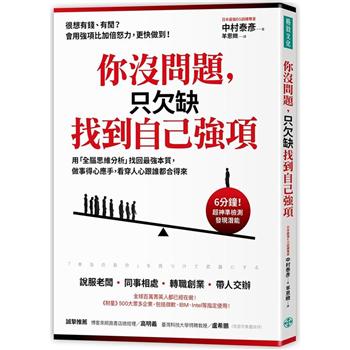In "Public Ownership Vs. Regulated Natural Monopolies," Allen Ripley Foote delves into the complex debate surrounding the optimal management of essential services. This treatise explores the contrasting approaches of public ownership and regulated private enterprises in the context of natural monopoliesâ€"industries where a single provider can most efficiently serve the market. Foote meticulously examines the arguments for and against each model, weighing their respective strengths and weaknesses. He analyzes the potential benefits of public control, such as enhanced accountability and social welfare, against the possible drawbacks of inefficiency and bureaucratic inertia. Conversely, he considers the advantages of regulated private monopolies, including innovation and market responsiveness, while acknowledging the risks of rent-seeking and regulatory capture. This insightful work provides a valuable framework for understanding the enduring challenges of balancing public interests and private incentives in the provision of essential services.
This work has been selected by scholars as being culturally important, and is part of the knowledge base of civilization as we know it. This work was reproduced from the original artifact, and remains as true to the original work as possible. Therefore, you will see the original copyright references, library stamps (as most of these works have been housed in our most important libraries around the world), and other notations in the work.
This work is in the public domain in the United States of America, and possibly other nations. Within the United States, you may freely copy and distribute this work, as no entity (individual or corporate) has a copyright on the body of the work.
As a reproduction of a historical artifact, this work may contain missing or blurred pages, poor pictures, errant marks, etc. Scholars believe, and we concur, that this work is important enough to be preserved, reproduced, and made generally available to the public. We appreciate your support of the preservation process, and thank you for being an important part of keeping this knowledge alive and relevant.











